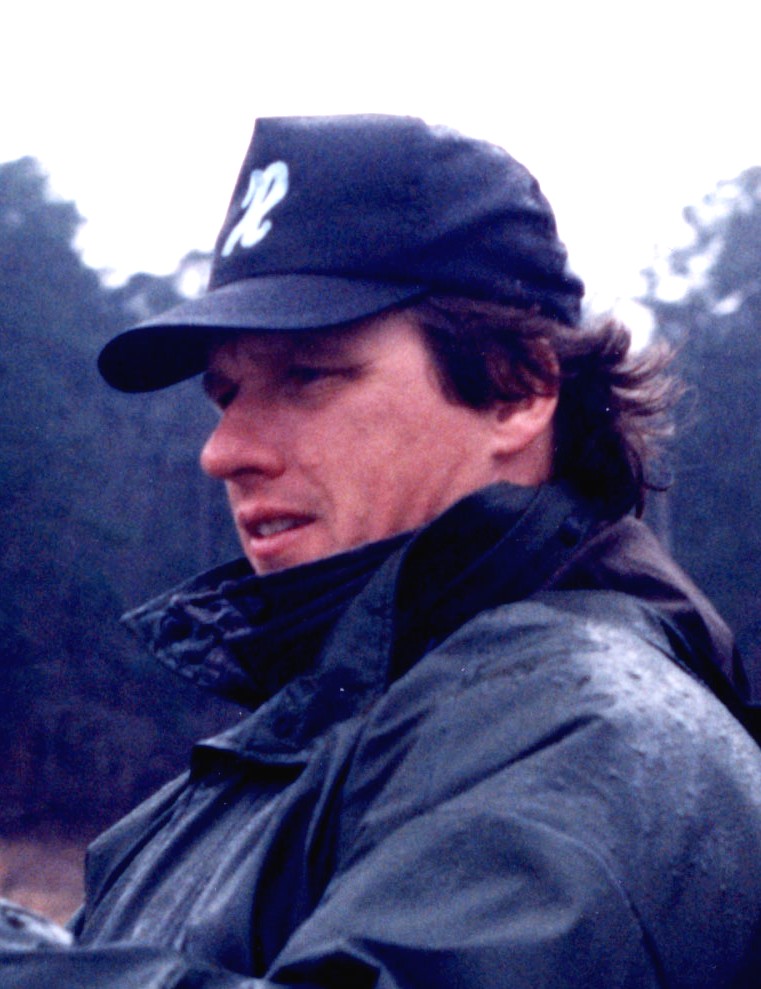Performance Psychology and Tournament Fishing: Learning and using information

Setting the stage for success
Chapter Four: Learning and using information
Knowledge is power.
Reliable information is priceless.
Inquiring minds want to know.
We’re going to start with these truisms and show you ways to learn and use data to become a better tournament angler. Half of being successful in this sport is execution. In the end, you still have to drive the boat, make the casts and land the fish. However, that’s the second half. The first half involves acquiring, storing, retrieving and utilizing information.
Attitude shift
Step one is an attitude adjustment. When we think about the information we need, and wish we had, most of us would rather trade brains with our favorite pro. Just how cool would it be to have everything Larry Nixon or Clark Wendlandt or Gary Klein knows suddenly drop into your head? Ok, so that’s not going to happen, and even if it did it wouldn’t help you learn to think for yourself. Which of course is the main point. You have to decide that what you know, what you learn and the decisions that you make are the keys to being successful on the tournament trail.
With your notebook by your side, take 15 minutes to have a talk with yourself. Start by recalling some of the important things you’ve learned in the last few years. Think about your good decisions. Recall a new technique you’ve mastered and how you did it. And then make a personal commitment to learning. Write down some ideas about what you want to learn this year. Now you are set to start.
Sources of information
The mantra in this area is, “Avoid dock talk.” This performance psychologist says, “Keep an open mind.” Any information is potentially useful. However, when gathering facts it is wise to cast a wide net rather than rely only on one or two sources. The dock-talk problem develops when a person puts too much emphasis on it alone.
Active learning
The learning process starts with deciding what you want to know. Here is where you can apply previous chapter information about self-understanding, prioritizing and goal setting. Let’s begin by identifying your six best fishing talents. Yeah, you guessed it. You need to write them down in your tournament fishing notebook. Now list your three or four weakest areas. An honest review of last season can be valuable here. If you are not sure about areas in which to improve, ask a club or tournament colleague to give you candid feedback.
Of the four improvement areas, choose one for starters. Let’s say you picked deep cranking. Write it at the top of a page in your notebook, and then list all the dimensions of that topic that are necessary for success. Your list will include rod type, reel gear ratio, line size, casting angle, rate and type of retrieve, and other dimensions you believe matter.
Now decide which of the components of deep cranking requires more knowledge and expertise on your part. Is it knowing and controlling the depth at which your lures run? Where, then, can you find books, articles, videos or experts on this subject? As you assemble reliable information, use your notebook to record recurring themes.
The hard part is next. Go to the lake with your notebook and your crankbait box, and commit to spending 30 to 60 designated minutes experimenting with your new information. This sounds very boring. Yet think of how you learned other complex tasks such as reading. You didn’t start with Shakespeare. You learned small segments and pieced them together over time. Three or four practice sessions spread over a few days will help solidify your new knowledge.
Also, tackle new information in small segments, trying it out as soon as you can. Attempting to absorb a lot of data at once is inefficient, like history class where you crammed a gazillion dates into your head the night before the test and remembered very few of them the next day.
Record keeping
Yes, you already know about writing everything down after each competition or practice day. Before you skip this section, however, let me give you a trick professionals in other sports use to make record keeping work. In your notebook, create a list of the kind of performance data you want to track. An outline to fill in after each tournament will make record keeping easier and more complete than relying on your tired memory to fill your notebook page.
Accepting endless uncertainty
A key ingredient in successfully acquiring knowledge is recognizing the difference between stable and unstable information. Most will agree that one of the harshest realities of assembling a foundation of fishing information is how quickly facts and conditions change.
Imagine a professional baseball player trying to hit a ball (nearly the most difficult feat in sports, second only to catching fish in a tournament) if the pitcher stood in a different place in the infield for each pitch. Lake levels fluctuate hourly, fish move or get spooked, feeding periods are measured in nanoseconds, and weather fronts raise havoc with our pre-tournament plans. Information that was solid yesterday is often worthless tomorrow. Yet we must recognize and adapt to this condition or risk relying on outdated information.
So we can’t ever know it all, though our aim should be to learn as much, and as often, as we can. And remember, if you focus on learning, you will catch more fish; if your focus is only on catching fish, you may stop learning.
Jay T. McNamara, Ph.D., L.P., is a psychologist, who is also an avid bass and walleye angler. With more than 25 years of professional experience complemented by participation in competitive fishing at local and national levels, he is uniquely qualified to illustrate how performance psychology principles apply to tournament fishing.